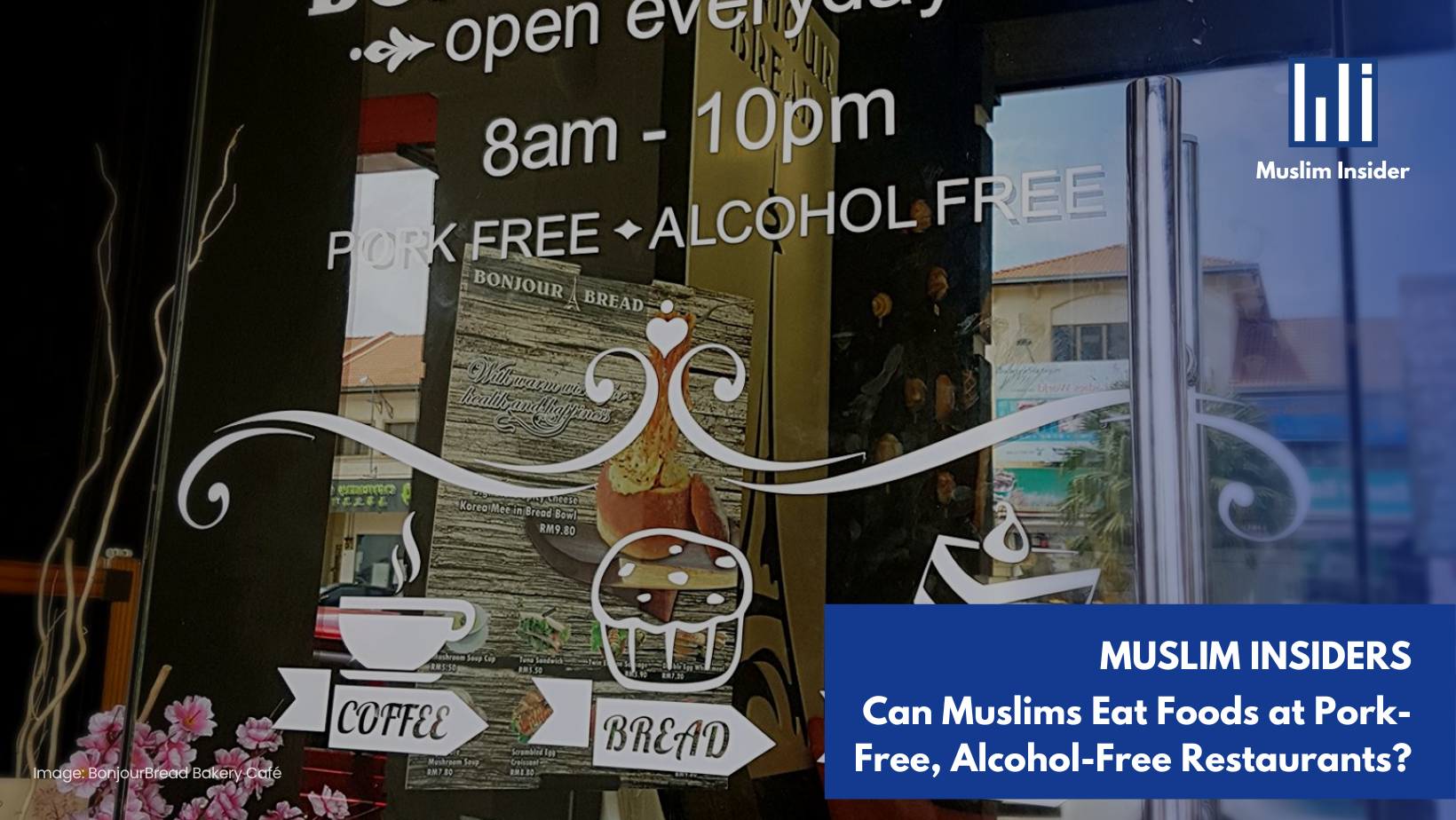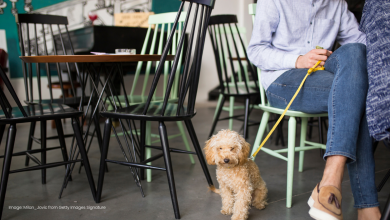
We might have been familiar with seeing “Pork-Free,” “Alcohol-Free,” “Muslim-Friendly,” or even “Halal-Friendly” plastered on the walls of restaurants. The majority of these restaurants and cafes are newly opened. Even though the signs claimed to be leaning toward halal, it does not mean that it is halal, especially in Japanese restaurants, that it serves mirin. According to SAYS, it is common that pork-free restaurants use the term while still using mirin in some of their dishes.
While mirin only has a small percentage of alcohol, which is about 14%, those who practice Islamic religion are forbidden to consume it. Some restaurants also said that mirin evaporates when cooking, but a study showed evidence that there is still alcohol in the food. The study, from the U.S. Department of Agriculture’s Nutrient Data Laboratory, revealed that 5 percent of alcohol remains even after two and a half hours of cooking.
Also, some restaurants also serve alcohol despite the fact that it is pork-free, which means it does not only target Muslims but also non-Muslims.
According to Sinar Daily, the Department of Islamic Development Malaysia (Jakim), which provides halal certifications in Malaysia, warned Malaysians with businesses that have no Malaysian Halal Certification (SPHM). Also, Jakim Halal Management Division chief assistant senior director mentioned that the ingredients used are questionable, even though it uses “pork-free” signs since there is no halal logo. It is more worrying that they have Muslim staff at the front counter, which will cause confusion. To add to that, he asked the business owners to obtain the Jakim halal certificate to prevent doubts.
It is up to the Muslim individuals themselves to decide whether to dine or not dine at the restaurant. However, in Islam, when a Muslim is feeling doubtful or syubhah (an Arabic term), they must avoid them. Mufti of the Federal Territory Office mentioned on their website that syubhah is defined as uncertain and unclear to the haram or halal of things. It is based on a warning in a hadith.
For Muslims to safely consume foods at restaurants, they must ensure not only that they are pork-free and alcohol-free, but also that the meat used must be slaughtered in a halal way and have the Halal logo to avoid feelings of doubt, worries and confusion.
According to Malay Mail, Malaysia’s Halal Industry Development Council has planned to simplify the application and renewal procedures for halal certificates beginning next year. The approval or feedback period for certificates will be reduced to 23 working days. The move was made in response to complaints that the approval and issue of halal certificates took much too long, ranging from nine months to two years.
The Department of Islamic Development Malaysia and the Halal Development Corporation Bhd will work together to implement the change. Also, the HDC and related parties will implement a new halal certificate application process through “proof of concept” (POC) involving five hotel premises in Kuala Lumpur, Putrajaya, and Labuan. Halal diplomacy will be strengthened in collaboration with the Ministry of Investment, Trade and Industry.




